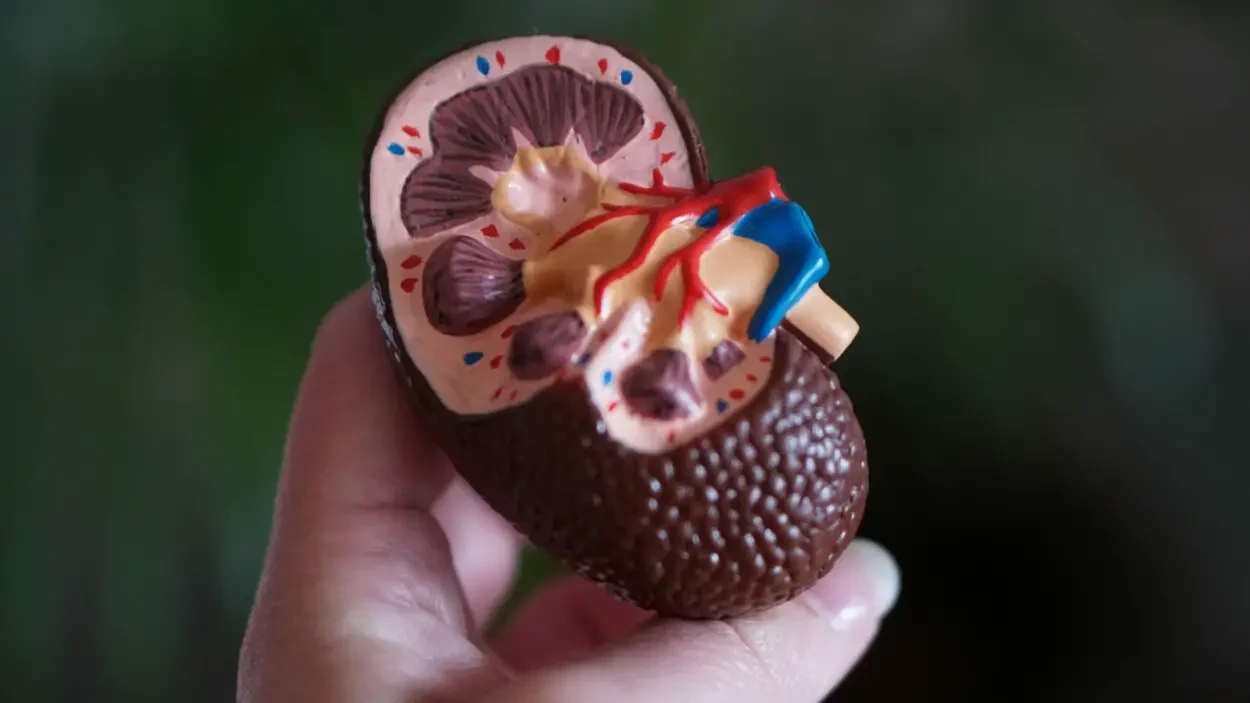Kidneys are an important part of your body, responsible for removing waste and excess fluids, but they can deteriorate rapidly these days.
Energy drinks may provide a temporary energy boost. However, these energy drinks may cause a variety of health problems, including heart attacks.
Energy drinks on their own do not harm the kidneys if consumed in moderation. Certain circumstances, such as excessive consumption of energy drinks, can, however, harm your overall health, not just your kidneys.
Caffeine, sugar, and other active ingredients found in energy drinks can lead to kidney disease and kidney stones if consumed in excess.
Continue reading to learn more about how energy drinks affect your kidney. Let’s get started!
What Is The Function Of Our Kidneys?
The removal of waste products and excess fluid from the body is one of the kidneys’ primary functions, as most people are aware. The prime role of urine is to remove excess fluid and waste.
The main function of the human kidney is to regulate the salt and potassium count in our body.
Furthermore, the kidneys produce hormones that regulate the function of other organs. For example, it helps with the functioning of the red blood cell.
The other supporting functions of kidneys are:
- Release hormones that regulate blood pressure
- Production of vitamin D for strong bones
- Control the production of red blood cells
Causes And Symptoms Of Kidney Diseases
Kidneys are one of the most important organs in the body because they are in charge of the body’s various regulatory reactions.
Kidney disease means that your kidneys have been damaged and are unable to filter blood as effectively as they should.
If you have diabetes or high blood pressure, you are more likely to develop kidney disease.
If your kidney disease worsens, wastes can accumulate to dangerously high levels in your blood, making you sick. You might experience complications such as:
- High Blood Pressure
- Anemia
- Weak Bones
If you have kidney failure, treatment options include a kidney transplant or dialysis. Acute kidney injury, cysts, stones, and infections are examples of other kidney issues.
Ingredients In An Energy Drink Causing Kidney Disease
Energy drinks itself is not harmful, what makes them harmful is the presence of certain ingredients that have been proven to cause abnormalities in the human body.
Let’s have a look at the ingredients that can cause kidney diseases.
Sugar
Sugar is a sweet-tasting flavoring additive that is added to foods. Although it does not directly affect the kidney, a high sugar intake can lead to diabetes, which causes blood vessels in the kidneys to become clogged.
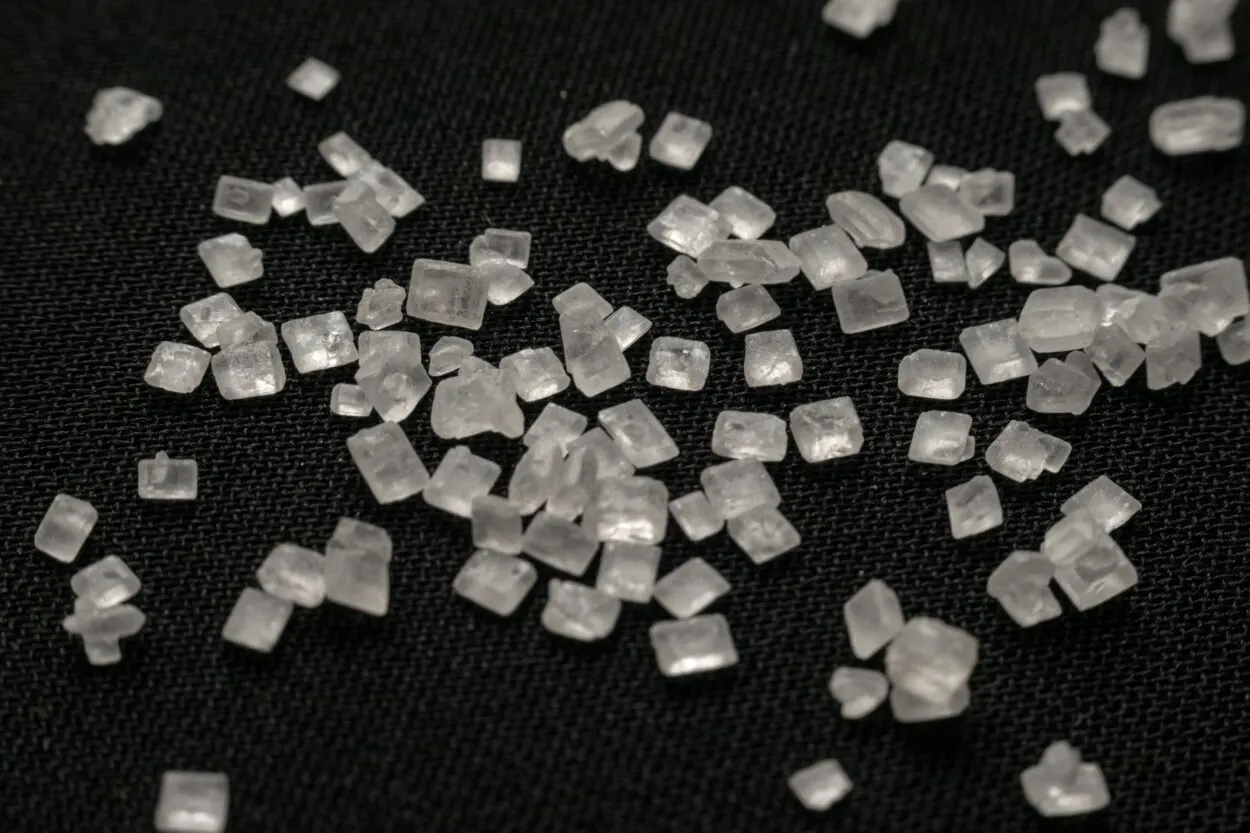
Diabetes-related high blood sugar can damage blood vessels in the kidneys as well as nephrons over time, causing them to function less effectively.
For most adult women, the AHA recommends no more than 24g of sugar and no more than 36g of sugar for most men.
Excessive consumption of sugar would not only cause diabetes but also cause:
- Acne
- High Blood Pressure
- Hormonal Issue
- Heart Problems
- Obesity
Taurine
Taurine is an organic compound that has been linked to nerve growth. Although, in rare cases, it can be harmful to the health of people suffering from chronic kidney disease.
It has yet to be determined whether it has the same effect on the health of ordinary, healthy people.
Much of the research on the role of taurine in kidney disease has been done in animal models, particularly murine species. Taurine has been linked to four types of kidney disease: glomerulonephritis, diabetic nephropathy, chronic renal failure, and acute kidney injury (AKI).
Ginkgo Biloba
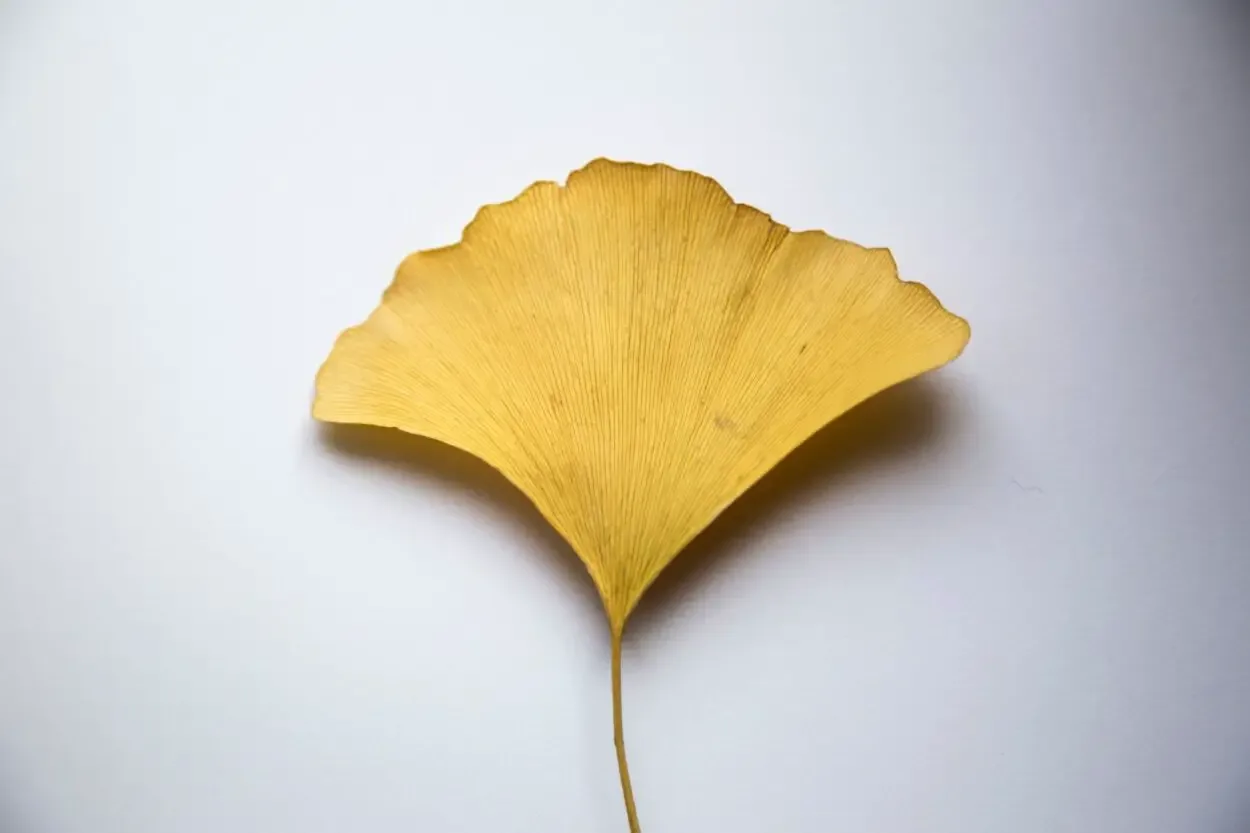
Ginkgo Biloba is a herbaceous plant that has many benefits but can be harmful to those who already have chronic kidney disease.
The National Kidney Foundation has identified 39 herbs as potentially harmful to patients with chronic kidney disease.
Regardless of kidney disease status, nearly one out of every ten adult Americans takes a dietary supplement that is potentially harmful to the kidneys.
Ginkgo biloba extract significantly reduced serum creatinine and kidney MDA levels after cisplatin administration, and it also improved the depletion of kidney GSH levels in cisplatin-treated rats.
Potassium
Potassium is an electrolyte that your body requires for proper function and is found in a variety of foods, including energy drinks.
The difficulty with kidney disease is that your kidneys are unable to balance your potassium levels.
As a result, keeping track of how much potassium you consume is critical to ensuring your potassium level isn’t too high or too low.
Because potassium helps keep your heart healthy, a significant imbalance in your potassium levels can lead to heart complications such as an irregular heartbeat or a heart attack.
Can Caffeine Cause Kidney Diseases?
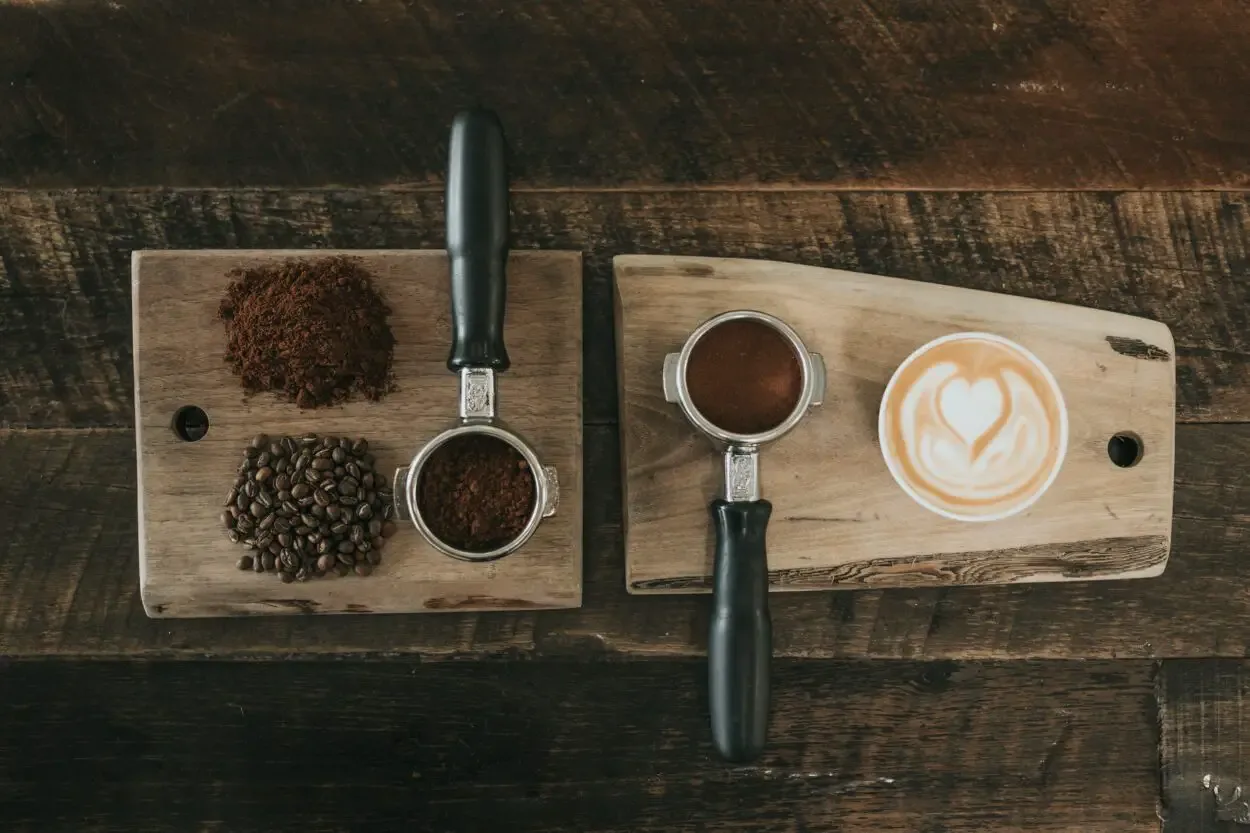
Caffeine, a cognitive stimulant, is the most active ingredient in energy drinks and is associated with a number of negative side effects when consumed in excess.
It has also been associated with kidney stones. However, this is mostly due to overconsumption, and it should be noted that most well-known energy drinks contain an FDA-regulated amount of caffeine.
Energy drinks aren’t always the only source of caffeine, as most people rely on coffee for their daily caffeine fix far more than energy drinks.
Caffeine has a variety of effects, including stimulating the mind and body, increasing blood pressure, and acting as a diuretic on the urinary tract.
The FDA has limited 400mg per day for healthy adults, almost four or five cups of coffee as an amount not normally considered harmful, with negative effects.
Caffeine may benefit your kidneys in small doses, but in large amounts, it can cause adverse effects, including kidney disease.
Energy Drinks And Kidney Stones
Calcium oxalate is the most common mineral component linked to the formation of kidney stones.
Consuming oxalates, which are found in most coffee, soft drinks, teas, nuts, chocolates, and, of course, energy drinks, reduces dilution properties inside hydrating fluids that break down crystal formations.
Furthermore, oxalates contribute significantly to dehydration. Caffeine, like oxalates, disrupts the fluid balance in your body, causing it to pull fluids from other parts of the body in order to keep the bladder functioning properly.
Because energy drinks contain twice as much caffeine as a cup of coffee, your bladder will experience more symptoms and a higher risk of uric acid formation after one can of an energizing beverage.
Can Energy Drinks Make Your Kidneys Hurt?
Certain circumstances, such as excessive consumption of energy drinks, can potentially harm your overall health, not just your kidneys.

Furthermore, unless consumed in excess, energy drinks cannot be harmful to your health. However, combining energy drinks like Monster with alcohol can be harmful to your overall health.
The dangerous combination of energy drinks and alcohol has been linked to kidney damage and an imbalance in kidney tissue. Furthermore, oxidative stress can harm your kidney.
Oxidative stress is known to cause cell damage, which contributes to the development of diseases such as diabetes and cancer.
Red Bull, one of the most popular drinks, has been linked to kidney damage. According to rat studies, regular and excessive Red Bull consumption may be the cause of kidney function decline.
Furthermore, several types of research indicate a link between a high sugar intake and an increased risk of chronic kidney disease.
Because many energy drinks, such as Red Bull, contain a lot of sugar, they can cause chronic kidney disease.
How To Keep Your Kidneys Healthy?
You can protect your kidneys by avoiding or managing kidney-damaging diseases such as diabetes and high blood pressure.
The key is to detect kidney disease before it causes problems. Regular testing is important for everyone, but it is especially important for people who are at risk.
It is critical to comprehend what healthy kidneys do for your body. They offer the following advantages:
- Regulate body fluid levels accurately
- Filters wastes/toxins from the body
- Activate vitamin D to maintain healthy bones
- Keep blood minerals in balance
There are many things you can do at any age to keep your kidneys as healthy as possible. The table below describes the activities, and lifestyle changes that can help prevent kidney diseases, as well as promote healthy kidneys.
| Changes | Why? |
| Healthy Diet | Choose heart-healthy foods such as fresh fruits, fresh or frozen vegetables, whole grains, and low-fat or fat-free dairy products. |
| Exercise | On most days, be active for 30 minutes or more. If you are not currently active, consult with your doctor about the types and amounts of physical activity that are appropriate for you. |
| Enough Sleep | Each night, aim for 7 to 8 hours of sleep. Take steps to improve your sleeping habits if you have trouble sleeping. |
| Quit Smoking | Stop smoking or using other tobacco products. So you don’t have to do it alone, ask for assistance. |
| Stress-related Activities | Learning how to deal with stress, relax, and deal with problems can help you improve your emotional and physical health. |
Famous Low-Caffeinated Energy Drinks
Red Bull
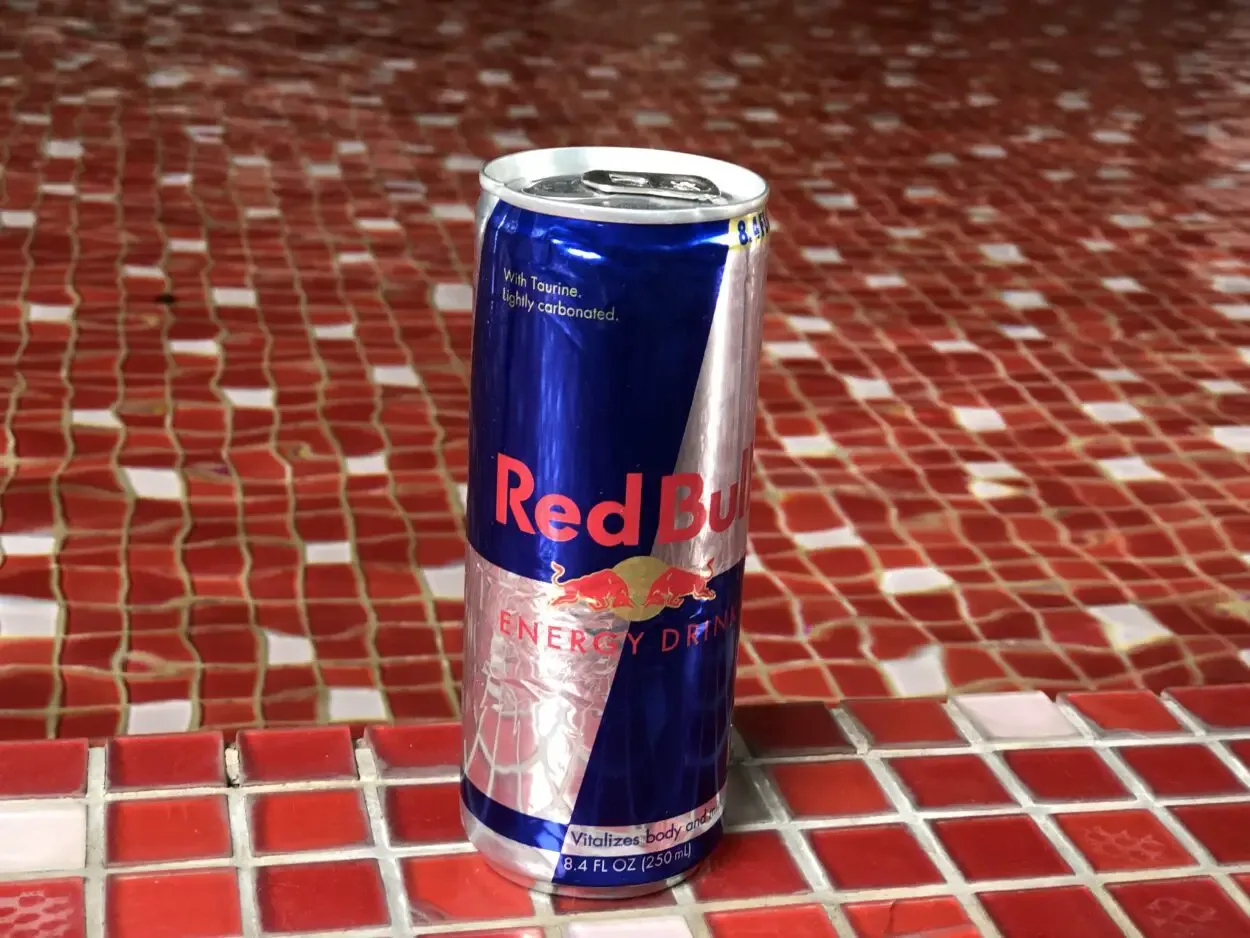
Red Bull is one of the most widely distributed energy drinks. Its marketing campaign, combined with its availability in the majority of countries worldwide, has made it many people’s preferred energy drink.
Each standard 250mL can of Redbull contains a safe amount of caffeine (80mg), 27g of sugar, and approximately 110 calories.
The primary effects of Red Bull include improved athletic ability, increased cognitive function, and improved memory.
Bai Boost
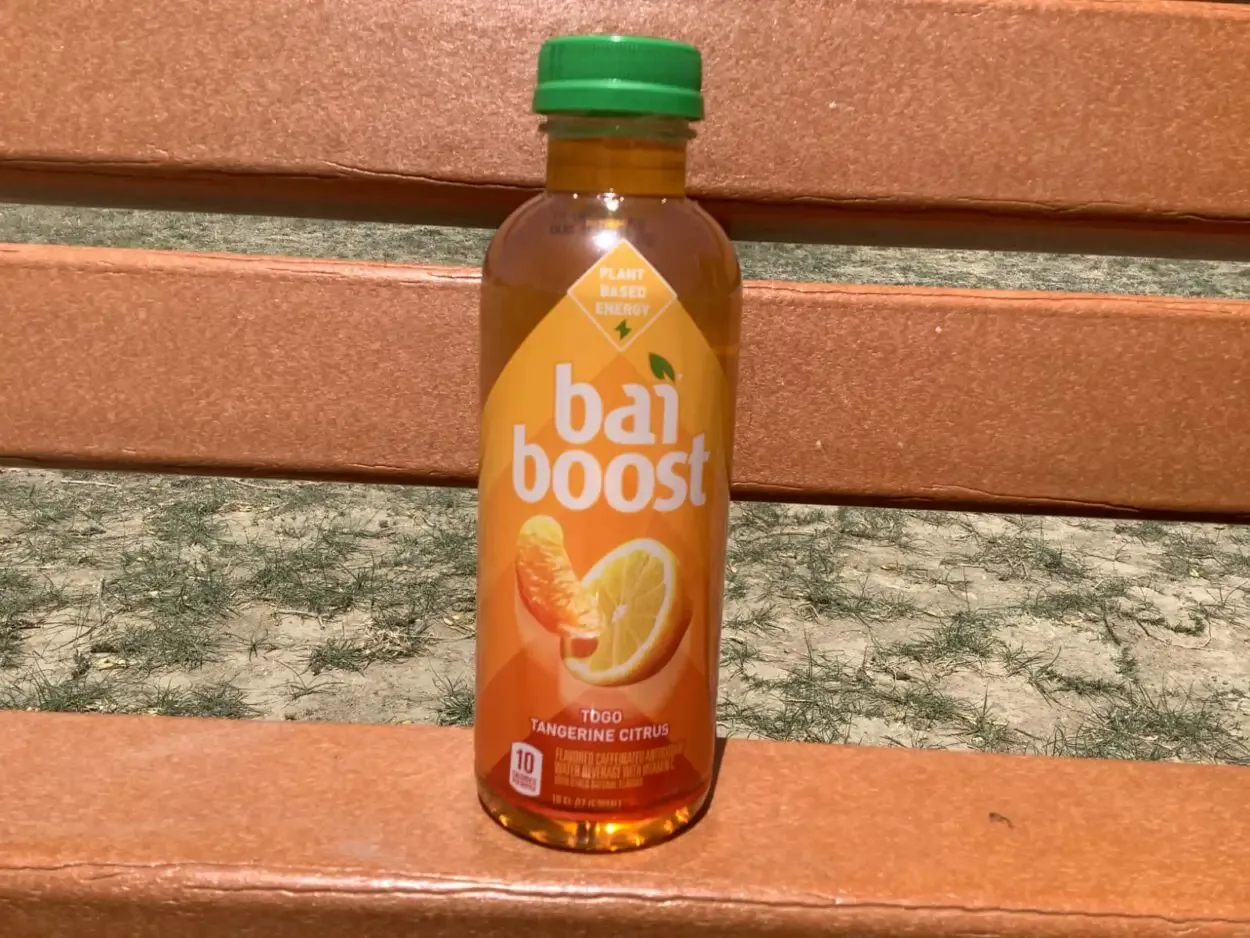
Bai Boost is a plant-based energy drink with moderate caffeine, sugar, and calorie content.
Furthermore, Bai Boost contains no unnecessary ingredients that can harm you, making it the ideal energy drink.
It contains 110mg of caffeine, 10 calories, and 1g of sugar. Given the concentrations of the most important ingredients, I don’t think Bai Boost could be harmful to your health.
REIZE
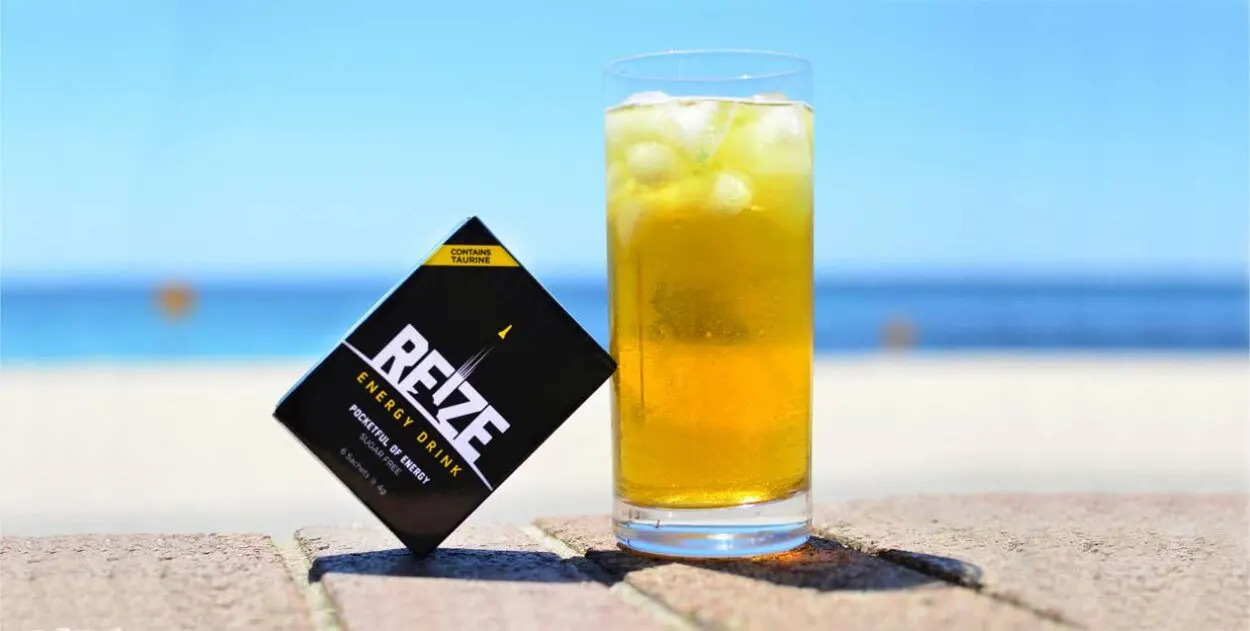
Of course, the REIZE energy drink, my personal favorite, is the best sugar-free energy drink available.
REIZE is a must-try! Each sachet contains 50mg of moderately strong caffeine per serving, 11 calories, and no added sugar.
REIZE also contains a variety of beneficial ingredients: taurine, ginseng, and B vitamins.
Conclusion
- As you can see from the information provided in the article, although energy drinks do not cause kidney damage on their own, a few ingredients in excess can cause kidney disease.
- Caffeine, sugar, and taurine are the ingredients in energy drinks that may be harmful to your kidneys.
- It is still critical to be aware of your health and conscious of what you put into your body, especially if you have a pre-existing medical condition. Energy drinks, in general, do not harm the body or impair any bodily function. However, you must be mindful of how many energy drinks you consume on a daily basis.
- I would advise you to consume energy drinks in moderation in order to avoid any potential health problems.

